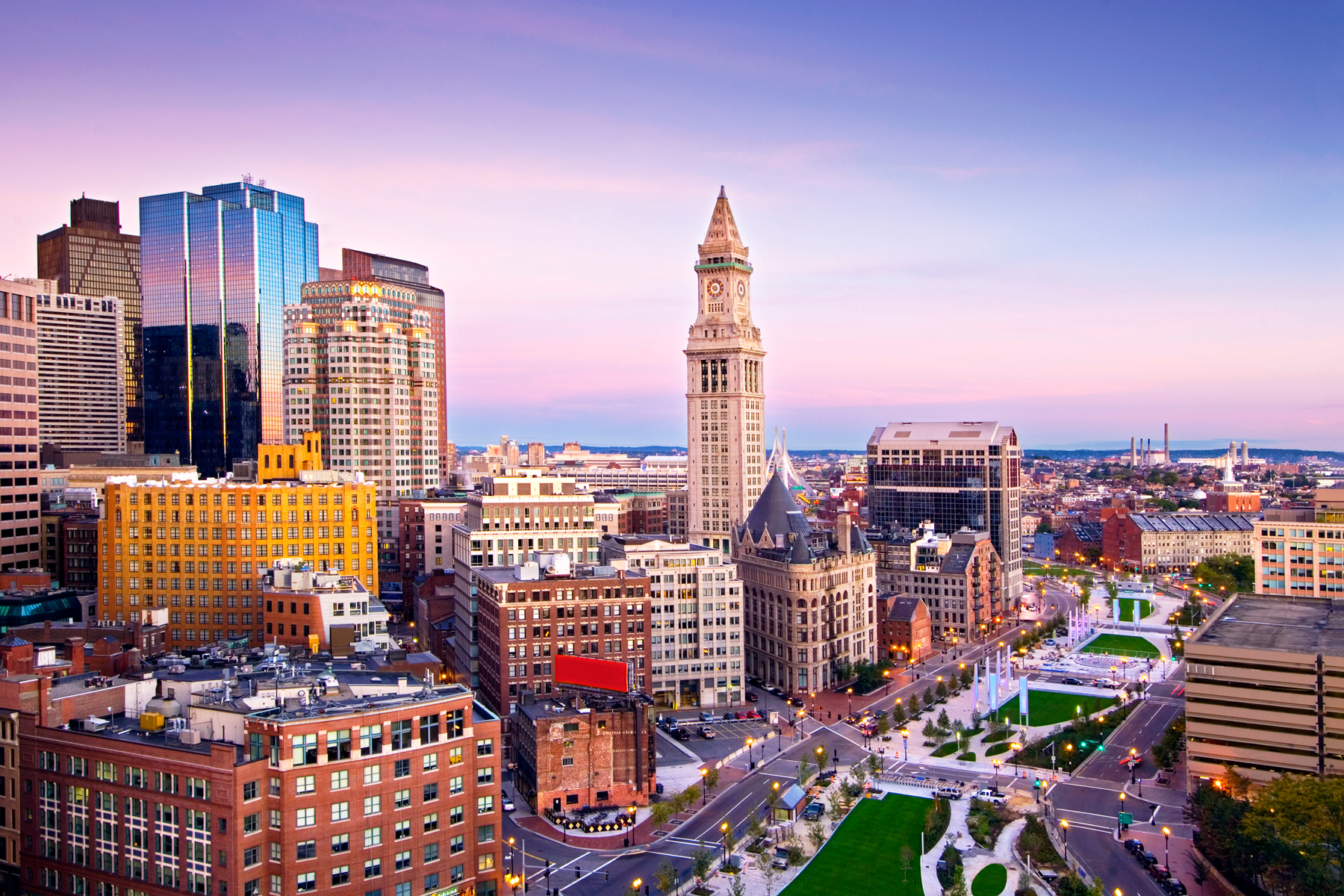Boston ranked fifth in last year’s Startup Genome’s Global Startup Ecosystem Report. Unsurprisingly, Silicon Valley came first, with New York and London tying for second place and Beijing claiming fourth place. These cities have consistently maintained the top five positions since 2017. The study considered almost three hundred ecosystems and three million startups globally, looking at a range of one hundred quantitative and qualitative factors. Boston’s ecosystem scored particularly well on funding, talent, connectedness, market reach, and overall startup performance. This article looks at why Boston is an excellent place to base your startup.
Ecosystem Portfolio
Boston’s technology ecosystem services a broad range of industries. The cluster’s portfolio is made up as follows:
- Biopharma (22.5%)
- Aerospace (17.1%)
- Education (15.3%)
- Information Technology (13.5%)
- Financial Services (11.7%)
- Medical Devices (11.7%)
- Insurance (8.1%)
The region is America’s largest Life Sciences hub, with over a thousand life science organizations, seven teaching hospitals, and five top NIH-funded hospitals. It’s also home to a $1 billion Life Sciences Initiative run by the Massachusetts Life Science Center (MLSC), which helps qualifying organizations with grant and loan funding, tax incentives, and similar. Recent funding in the space includes $27.3 million by Mercy BioAnalytics (January 2021) and a $25 million Series A by Reverie Labs (February 2021). And, Moderna’s IPO valuation of $7.5 billion in 2018 was the largest biotech IPO globally.
Boston also has enormous credibility in advanced manufacturing and robotics, primarily due to its access to premier engineering talent and research from MIT and Harvard. The robotics industry employs almost 5,000 workers, and recently Locus Robotics achieved unicorn status.
Access to Venture Capital
Boston’s venture funding consistently outperforms global startup averages. Startup Genome’s recent study found the city’s early-stage funding totaled $6.4 billion compared to a global average of $548 million. Median seed rounds were $1 million compared to the global average of $480,00, and median Series A rounds were $6 million compared to a global average of $3 million. The study valued the total ecosystem at $133 billion compared to a global average of $13.68 billion.
This success can be attributed to Boston’s extensive and varied network of investors. Founders have a diversity of funding options available, including the following:
- Several “seed accelerators” offering cohort-based programs lasting three to six months to teams with functional prototypes or products indicating good traction. They typically take 6% to 10% equity in exchange for investments of $15,000 to $150,000. The programs are focused on helping teams raise angel or seed round funding on completion.
- Many notable angel investors who invest their personal capital in early-stage startups or individuals on favorable terms.
- Numerous venture capital firms that focus on growth-stage funding.
Research and Development Funding
Boston is home to notable academic institutions such as Harvard, Tufts, and MIT, all of whom have significant R&D budgets thanks to generous endowments. In addition, several private institutions based in the region also invest heavily in R&D activities. For example, Toast, a restaurant point-of-sale and management technology company and one of Boston’s startup unicorns, plans to spend $1 billion on R&D over five years. And many established life science organizations regularly assign 10% to 50% of their total spend to R&D.
Boston-based startups receive further R&D assistance from the Massachusetts government, which offers a state version of the federal R&D tax credit. Intended to spur growth and innovation in the Commonwealth, it allows businesses based in the state to claim additional credits against R&D expenditure.
Tech Talent[Text Wrapping Break]With approximately 60 tertiary educational institutions, Boston is renowned for its technical talent and is included in the top ten of CBRE’s annual “Scoring Tech Talent” report. It has also been identified as one of three cities, along with San Francisco and India’s Bengaluru, in the UK’s Global Talent Network, offering opportunities for top scientists, researchers, and mathematicians to obtain UK global talent visas. And the UK has expressed plans to establish a science and tech talent recruitment hub in the city.
A Positive Climate for Women
According to the Global Startup Ecosystem Ranking report, Boston’s tech ecosystem has a notable presence of female leaders, with 29% of all founders being women. Crunchbase reports that 9% of companies funded by top VC firms were founded by women. In addition, several prominent Boston VC firms were founded by women, such as Boston Seed Capital, Victress Capital, and Glasswing Ventures.
[Text Wrapping Break]Boston Unicorns
The Boston ecosystem has launched an impressive herd of unicorns. Some of the most recent are:
- Globalization Partners: This information technology startup founded by Nicole Sahin in 2012 helps international companies hire teams without having to set up branch offices or subsidiaries. After just two rounds of funding totaling $353.5 million, it was valued at $4.2 billion in January.
- Reify Health: Also founded in 2012, this cloud-based software company provides tools for the clinical trial ecosystem. Six funding rounds raised $257.64 million, and the company was valued at $2.2 billion in August of last year.
- CFGI: Established in 2000 by Nicholas J. Nardone and Shane T. Caiazzo, this financial consulting and corporate finance firm has just a single investor and one round of funding of $18.58 million. In September last year, it was valued at $1.85 billion.
The problems presented by our increasingly chaotic and digitally disrupted world require more than any single solution developed by an organization working in isolation. A product’s effectiveness boils down not only to its functionality, but also to how it can integrate with other partners and solutions. Agile, adaptive technology that exposes itself to collaboration will take the strategic lead in the future. And this kind of technology can only be produced in ecosystem-like environments.

